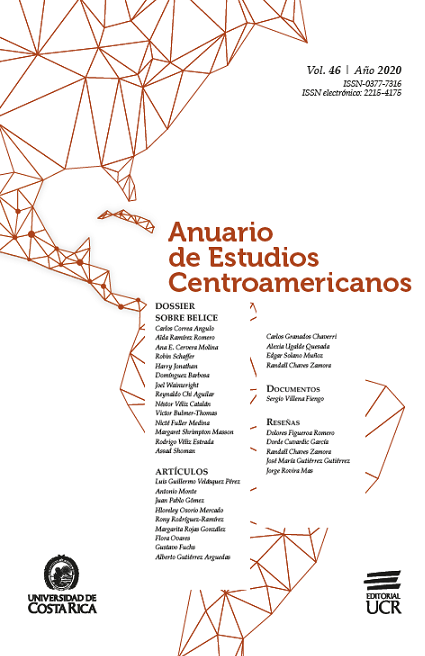Abstract
Recent research in Belizean historiography has improved our understanding of twentieth-century colonial state relations and the transition to the post-colonial authoritarian democratic state. Following a concise review of these works, I draw on archival documents to examine the origins of the British state in southern Belize. This analysis provides two principal findings. First, the earliest state institutions were founded at the behest of colonists from the defeated Confederate States to facilitate labor discipline over their workers. Once established, local state officials sought to learn about and gain influence over Indigenous communities. Second, the nascent colonial state was relatively authoritarian and inattentive to local accumulation and social needs. Thus from its inception, the state was organized around race and class relations.


